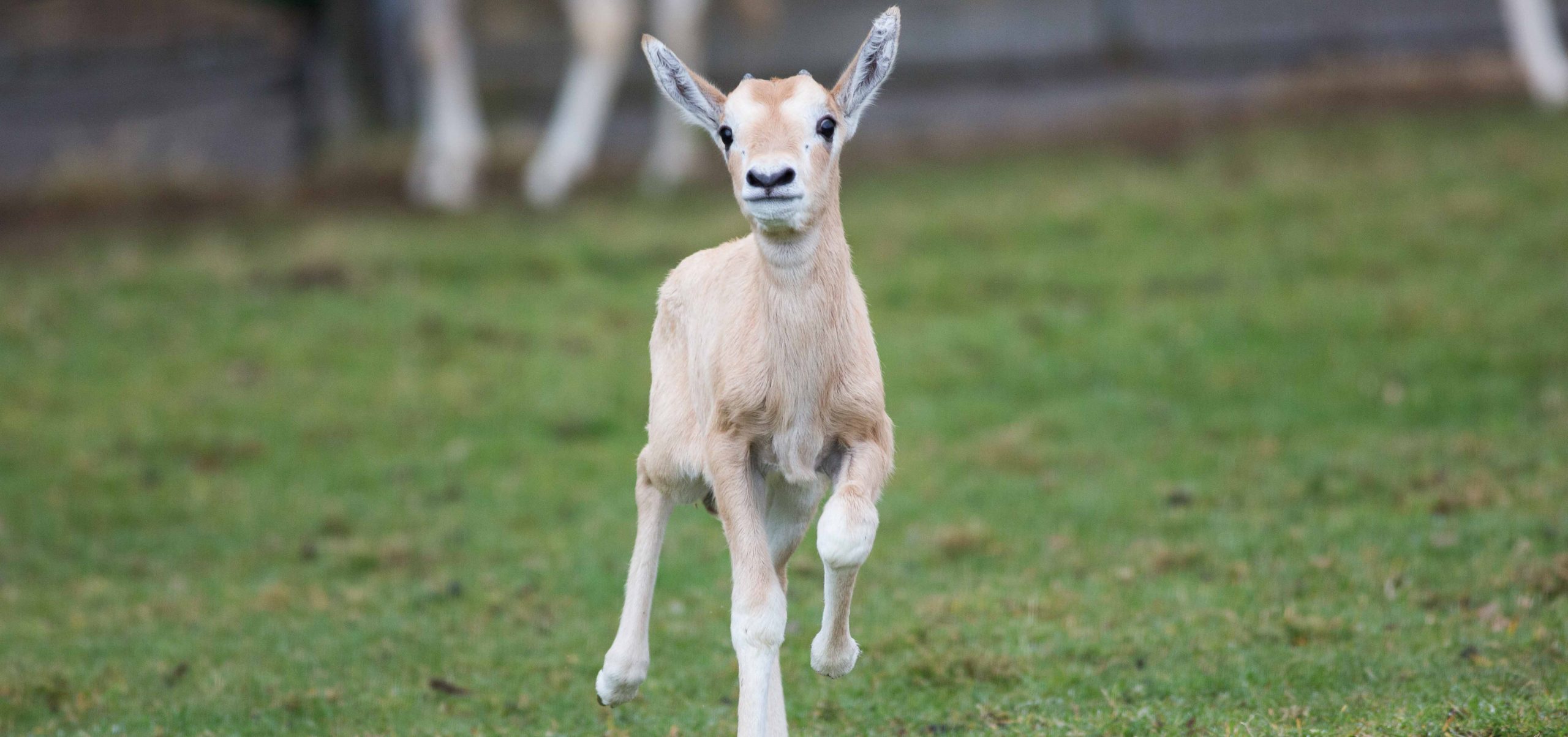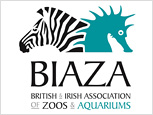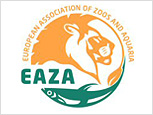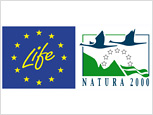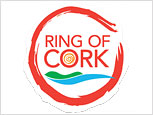Exciting Conservation Update:
This week the IUCN red list update announced notable success emerging the conservation efforts for the Scimitar-horned Oryx, once ‘extinct in the wild’, have been reclassified as facing lower risks of extinction, thanks to sustained conservation actions.
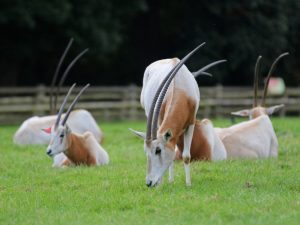
Fota Wildlife Park and other BIAZA members such as ZSL Whipsnade Zoo, and Marwell Wildlife Park, have collaborated with North African organizations, to reintroduce the Scimitar-horned Oryx, in an effort to prevent extinction.
A male Oryx born in Fota Wildlife Park in 2003 was reintroduced into the wild in Dghoumes National Park, Tunisia. This male became the dominant bull in a group of 17 animals, successfully contributing to the birth of several calves, marking a significant step towards the conservation of these endangered species.
These remarkable achievements are the result of the work and dedication of many different people and organisations, like the IUCN SSC Antelope Specialist Group, and the Sahel and Sahara interest group, working towards common goals. These results are a good example of the IUCN One Plan Conservation initiative which brings together in-situ and ex-situ efforts to improve outcomes for species.
The One Plan approach to species conservation is the development of management strategies and conservation actions by all responsible parties for all populations of a species, whether inside or outside their natural range. Traditionally, species conservation planning has followed two parallel but separate tracks.
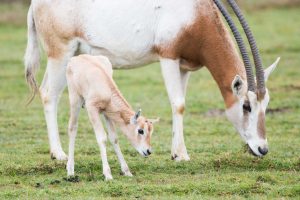
An immense amount of effort and collaboration is required for successful conservation initiatives, but these positive outcomes are a testament to the potential of collaborative conservation work. We are extremely grateful to our visitors continued support, making out conservation efforts possible.
Fota Wildlife Park has also been a key participant in many high-profile reintroduction programmes such as the European bison into the UK, Poland and Romania, and have released over 8,000 Natterjack toads in West Kerry in partnership with the National Parks and Wildlife Service (NPWS) and Dingle Aquarium.
~
